Create your own Free AI porn. With our AI Porn Generator:
😈 Welcome to Pornify: Simply choose to create AI porn images, videos, or start an AI porn chat. Easy and free, start your experience now!
1. Free AI Porn Generator
2. Start AI Porn Chat
3. Create Your Own AI Girlfriend
4. Create Your Own AI Boyfriend
5. Generate AI Porn Video
6. AI Porn Story Generator



Why Pornify is the Best:
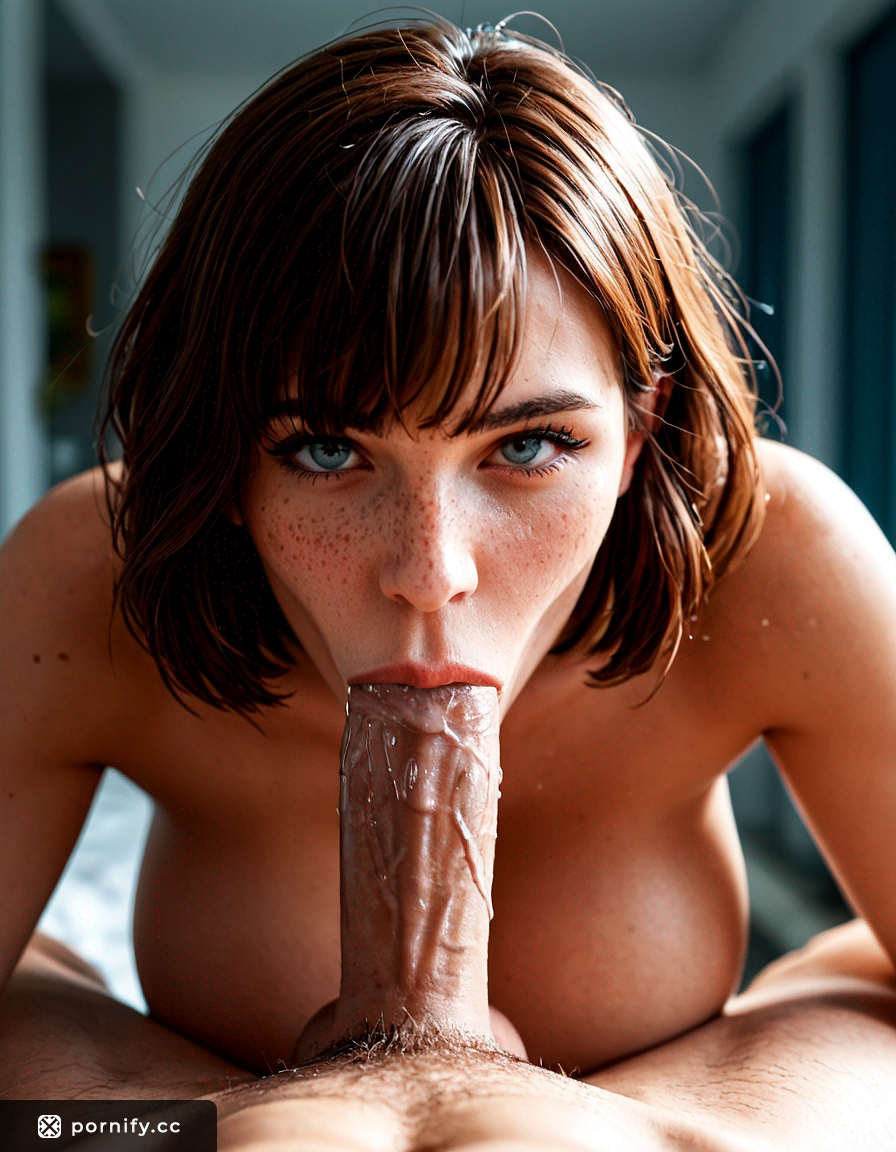
Your AI Porn Generator and Chat Dreams, Delivered.
We're not just another AI fling. We're the full package. We blend spicy tech with features that'll make your jaw drop.
Safety That's Sexier Than a Vault
Your secrets are safe with us—top-notch privacy and moderation keep it all hush-hush.
Realism That'll Fool Your Eyes
Our AI porn generator churns out eye-popping images and videos so real, you'll double-take.
Faster Than a Quickie
Boom—content in just seconds. No waiting around, just instant gratification.
Styles for Every Kink
Photorealistic, anime, hentai, hyper-realisitc, cyber-realstic oror something wilder? We've got the variety to spice things up.
Fantasies Without Limits
Tags or custom prompts (VIPs, wink wink)—your imagination's the only cap here.
Support That's Actually Supportive
Got a wild idea? Send an email. Our team's here to make it happen, no judgment.
How Pornify Works
From Your Brain to Screen in a Snap
Using Pornify is easier than flirting at a bar. Here's the lowdown:
Tag It or Type It
Pick some tags or go full VIP with a custom prompt, your call.
Hit the Magic Button
Press "Generate" and watch our AI strut its stuff in record time.
Grab Your Goods
Your steamy image or video lands hot and ready. Download it and gloat.
Chat Up a Storm
Flirt with our AI characters or your dream partner—things might get spicy.
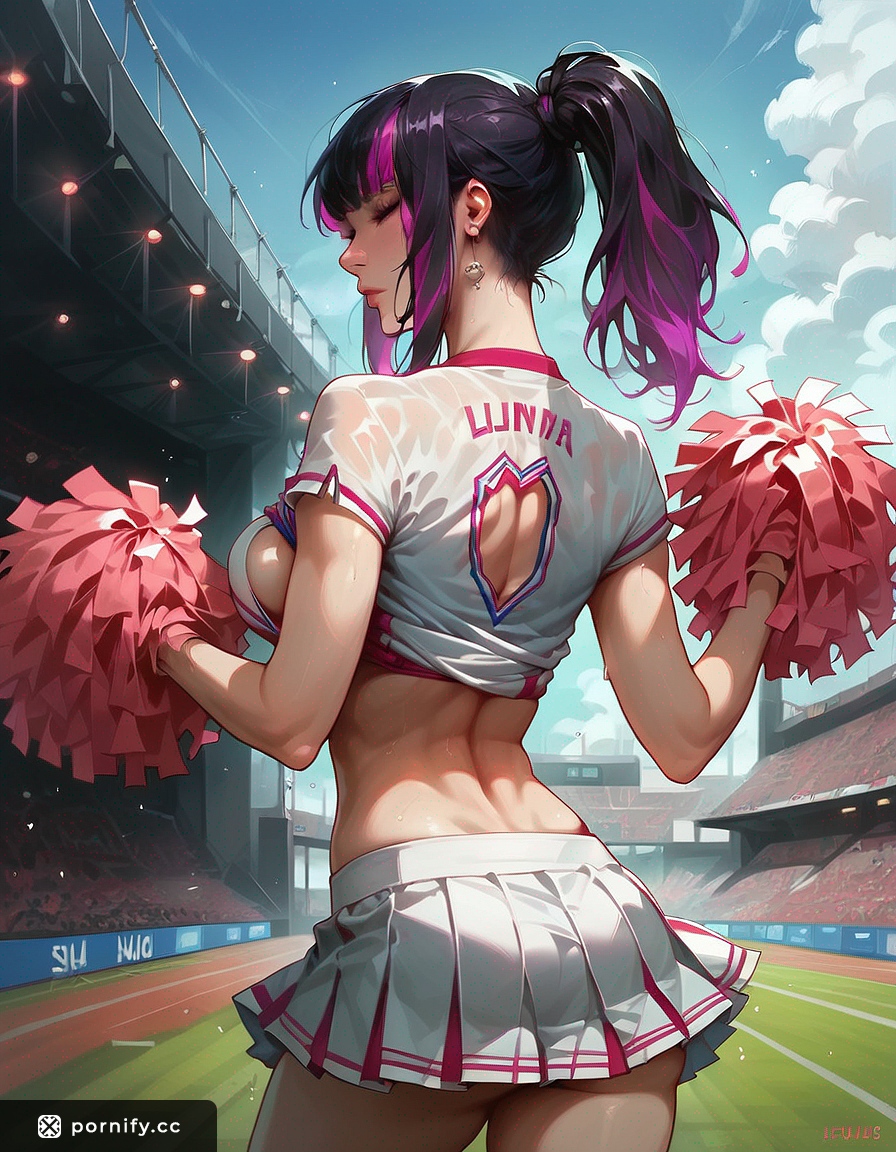
Videos That Move You
AI Videos That'll Leave You Speechless
Sick of stills? Our AI porn generator brings silky-smooth video clips to the party.
Dream up 5-6 seconds of pure fire—it's like your fantasies hit the dance floor.
Exclusive for VIP and PRO folks—because you deserve the VIP treatment.
Unlock the Video VibesPick Your Pleasure
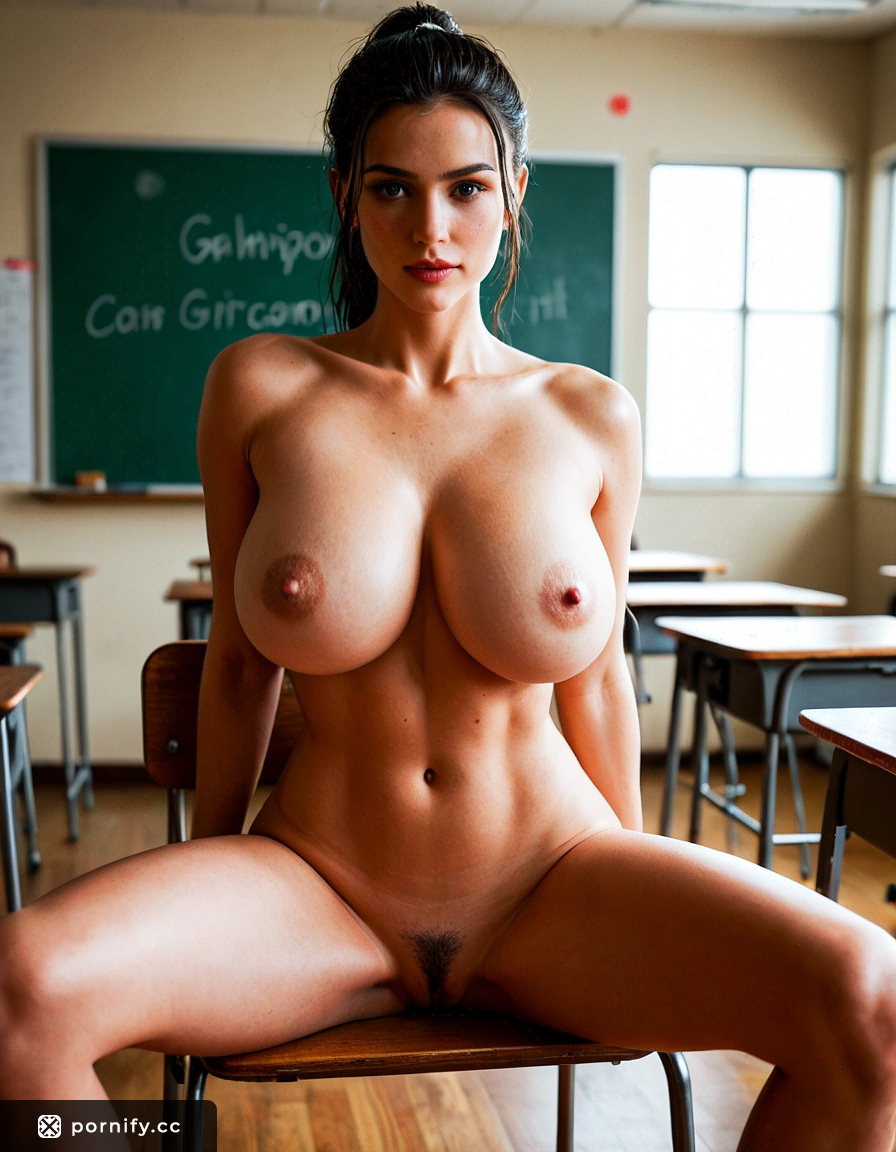
Free
$0 / Forever
No wallet, no worries. Dip your toes into our AI porn generator and chat a little—free forever.
- AI Images
- Basic Chat
- Video
VIP
$9.99 / month
Step up your game with video generation, custom prompts, and unlimited chats that don't quit. Plus, you're in the fast lane.
- Video Generation
- Custom Prompts
- Unlimited Chat
- Higher Priority
PRO
$24.99 / month
Go all out with top-tier priority, watermark-free consistentcharacter pics, and first dibs on new goodies. The VIP life, but make it PRO.
- Highest Priority
- No Watermarks
- Generate AI Character Images
- All VIP Features
Frequently Asked Questions (FAQ)
Using the Pornify AI porn generator is straightforward. Navigate to our "Generate" section, choose between creating AI porn images or videos, select your desired styles, and choose descriptive tags from all the different categories that reflect your preferences. Our powerful AI porn generator will then craft unique adult content based on your prompts.
AI porn refers to adult content, like images and videos, that is created using artificial intelligence. An AI porn generator, like the one here at Pornify, uses advanced algorithms to interpret user preferences (such as styles and fun tags) and produce unique, custom erotic media tailored to those inputs.
Yes, creating NSFW AI characters for engaging AI chatting is easy on Pornify. Go to Generate at the top and then select "Create AI Girlfriend/Boyfrien". You can define their appearance, personality, and background to craft your ideal chat companion, like an AI girlfriend or AI boyfriend, for immersive adult conversations that take it to the next level. You'll definitely leave Pornify satisfied.
Yes, Pornify functions as a free AI porn generator! Our free tier allows you to explore features, generate a limited number of AI porn images, and try out basic AI chatting at no cost. For unlimited generations, exclusive content, and premium features, consider upgrading to our VIP subscription. If you really want to unlock all the features then get the PRO subscription.
The best AI porn generator is one that combines ease of use, variety, and personalized content, and that's exactly what Pornify offers. Our platform is designed to cater to your specific desires, whether you're exploring ai art porn, realistic ai porn, ai hentai, looking for the most immersive ai xxx experiences, or wanting to dive into ai generated porn that's customized just for you. With Pornify, you get a user-friendly interface, an extensive selection of tags for tailor-made content, and high-quality results that make it the top choice for free ai porn generator enthusiasts and those interested in the latest in AI adult entertainment.
The Pornify AI porn generator platform is designed for ease of use. Simply:
Choose your desired feature ("Generate" for images/video, "Chat" for AI characters, or "Create AI Girlfriend/Boyfriend" for creating characters).
Specify your preferences using detailed tags, styles, or character attributes.
Let our advanced AI porn generator process your request and create unique content.
Enjoy your personalized AI porn images, videos, or chat experiences!
We welcome affiliate partnerships! If you manage a website, blog, or social media channel and want to monetize your audience by promoting Pornify's services, please email us at affiliate[at]pornify.cc with details about your platform. We offer competitive commissions for driving users to our platform.
Many users consider Pornify the best AI porn generator due to its combination of an intuitive interface, extensive customization options through detailed tagging and style choices, and consistent high-quality AI porn image and video output. We strive to provide the top experience, whether you're looking for a free AI porn generator to start or seeking unlimited premium capabilities. Pornify is also always getting better and better as we improve our image and video AI models almost every week!
Absolutely! You can use the Pornify AI porn generator to create unique AI porn videos. Access this feature via the "AI Video" section or by selecting 'Video' under "Generate." Provide detailed prompts about the desired scene, characters, actions, and style, and our AI will produce short, custom video clips based on your description.
Yes, Pornify includes an engaging AI chatting feature. You can design, customize, and interact with unique AI characters within our "Chat" section. Create an AI girlfriend, AI boyfriend, or any other persona you desire for personalized and immersive NSFW conversations.
We prioritize quality for all content produced by our AI porn generator. Pornify utilizes state-of-the-art AI models and continuously refines its algorithms. This focus helps ensure the resulting AI porn images and videos are as high-resolution, realistic, and coherent as possible, closely matching your descriptive prompts. We are always improving and getting better.
Yes, you can design your own custom AI girlfriend or AI boyfriend on Pornify using the "Create my AI Girlfriend/Boyfriend" feature. You have the ability to define their personality traits, appearance details, and backstory to create a unique AI character perfectly suited for personalized roleplaying and AI chatting experiences.
Pornify aims to stand out from other AI porn generators through several key aspects: superior customization depth allowing fine-tuned results, consistent high-quality output across both AI images and video, a user-friendly and intuitive interface, and the seamless integration of engaging AI chatting features, providing a comprehensive platform for personalized adult AI content creation.
Currently, the Pornify AI porn generator and all its features are fully accessible via standard web browsers on both desktop computers and mobile devices (like smartphones and tablets). While a dedicated mobile app isn't available at this moment (as of March 2025), our website is optimized for a smooth mobile experience, ensuring you can generate AI porn anywhere.
User privacy is a top priority at Pornify. We employ robust security measures and adhere to strict privacy policies designed to protect your personal data and activities while you use the AI porn generator. Your inputs, generated content, and personal information are handled confidentially according to our terms.
Yes, you are welcome to share content created with the Pornify AI porn generator! Please note that images and videos generated using our free plan include a small watermark. To generate content without a watermark, which is ideal for sharing, you can upgrade to our PRO plan. Regardless of your plan, we encourage all users to share responsibly and be mindful of the platforms or communities where they post AI-generated content, respecting any applicable rules and guidelines.
Firstly, Pornify does not allow any user uploaded photos or content anywhere. Our AI porn generator is completely random and does not allow any undress or nudify features. Pornify is deeply committed to maintaining a safe and legal platform. We employ state-of-the-art AI detection systems that automatically scan every image and video request made through our AI porn generator. These systems are designed to identify and block the generation of illegal content, including but not limited to CSAM. We have a zero-tolerance policy for any attempts to misuse our service for illegal purposes.
Yes! You can follow Pornify on X (formerly Twitter) for the latest updates, feature announcements, community news, and examples of content created with our AI porn generator. Find our official X account via our handle @pornifycc or visit directly at: https://x.com/pornifycc



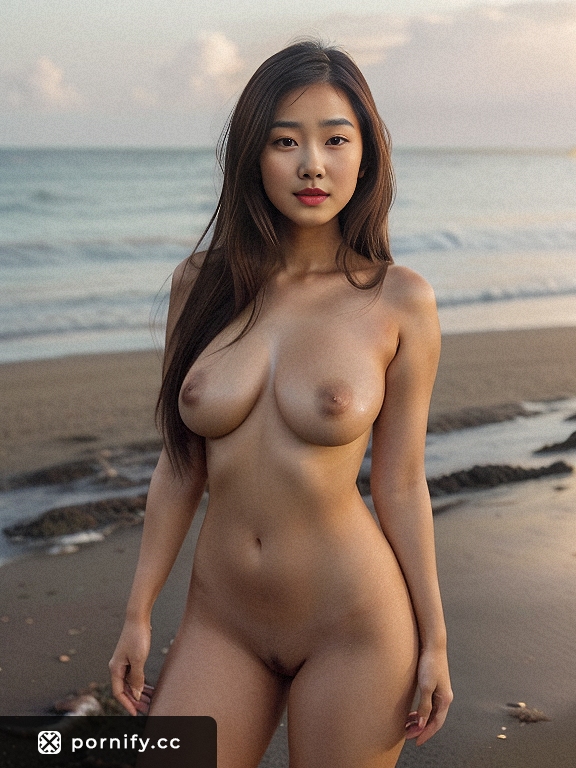
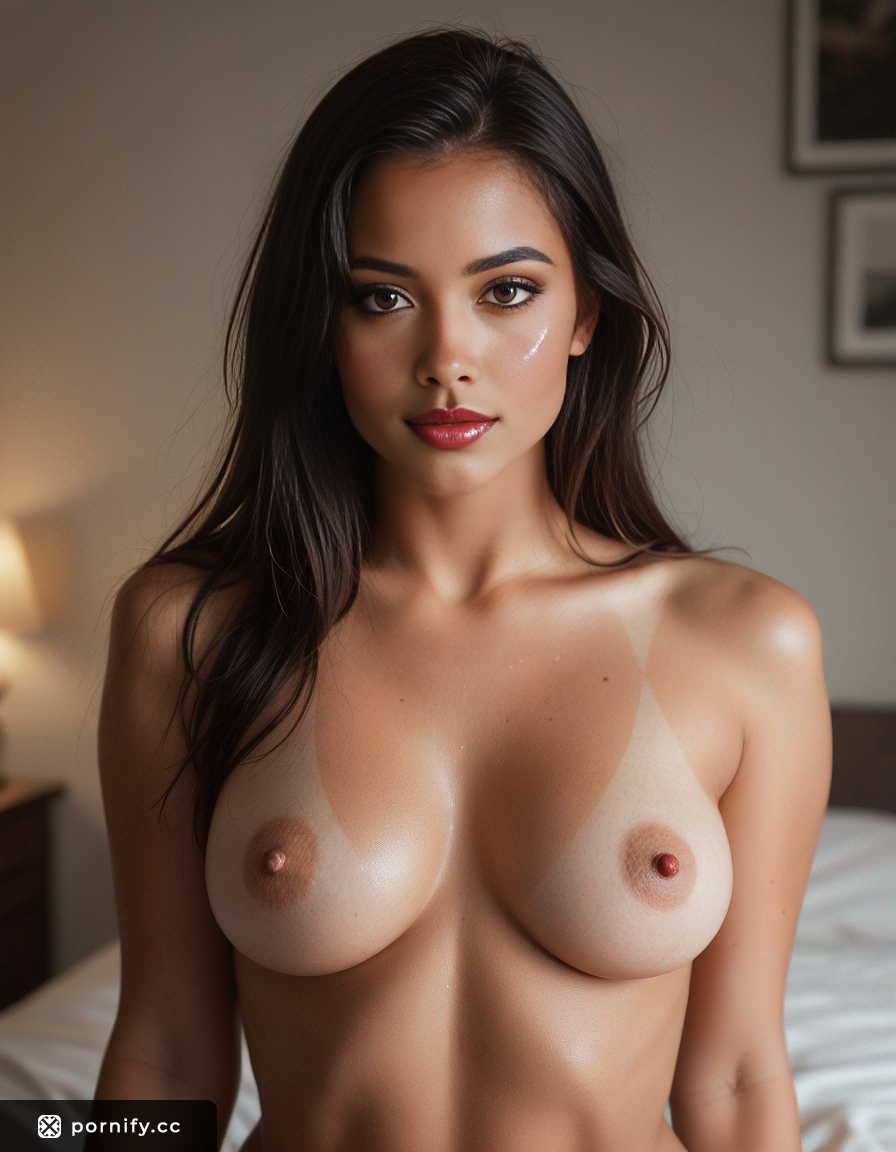
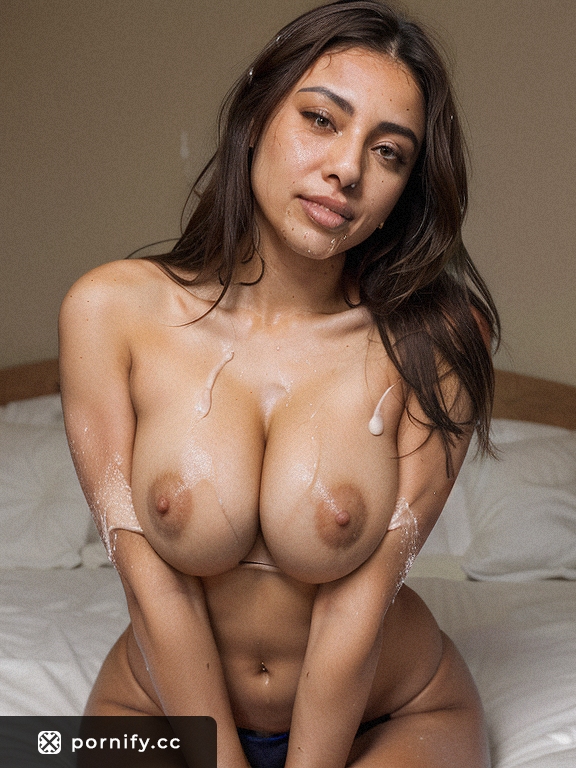
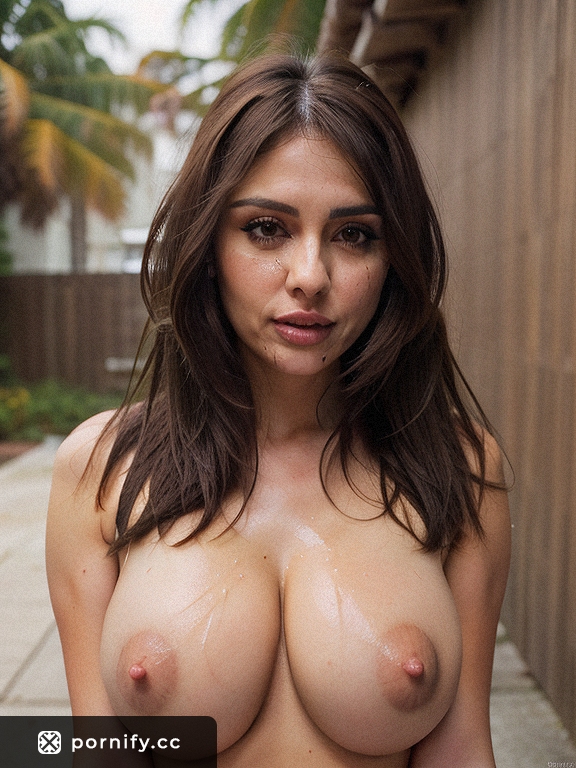

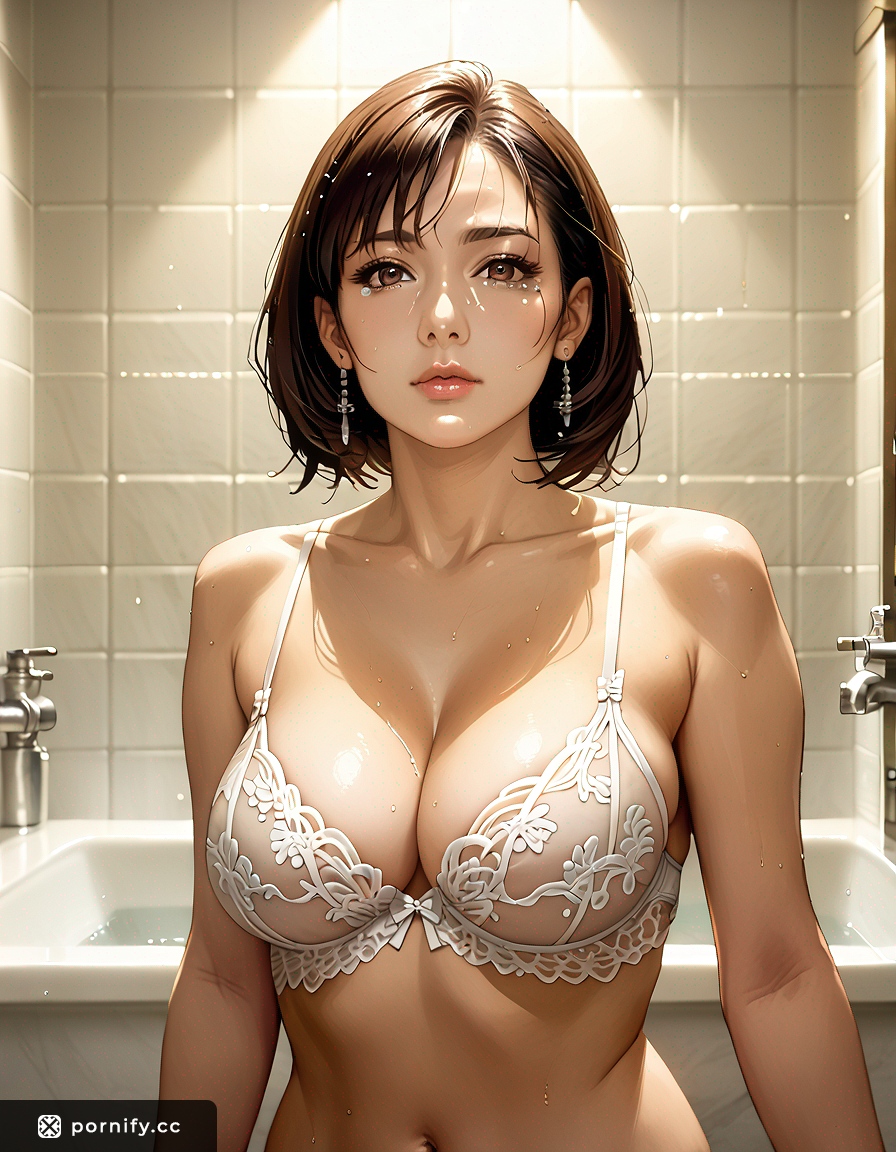
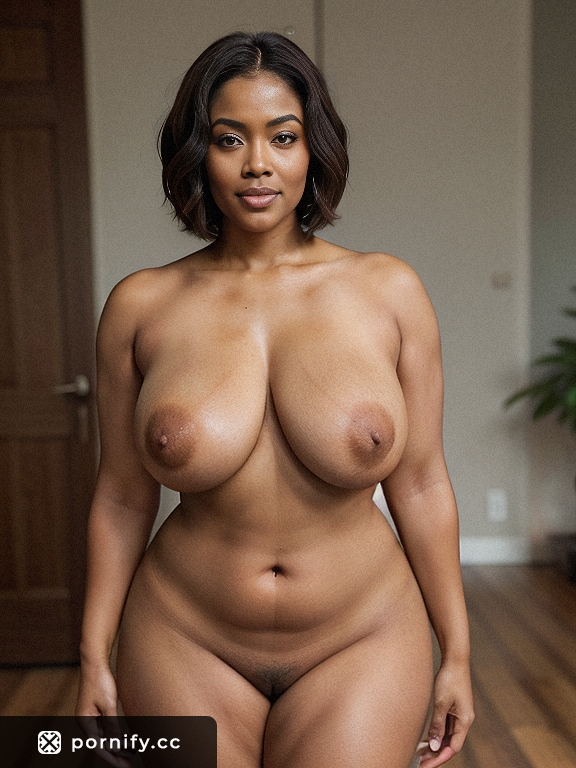
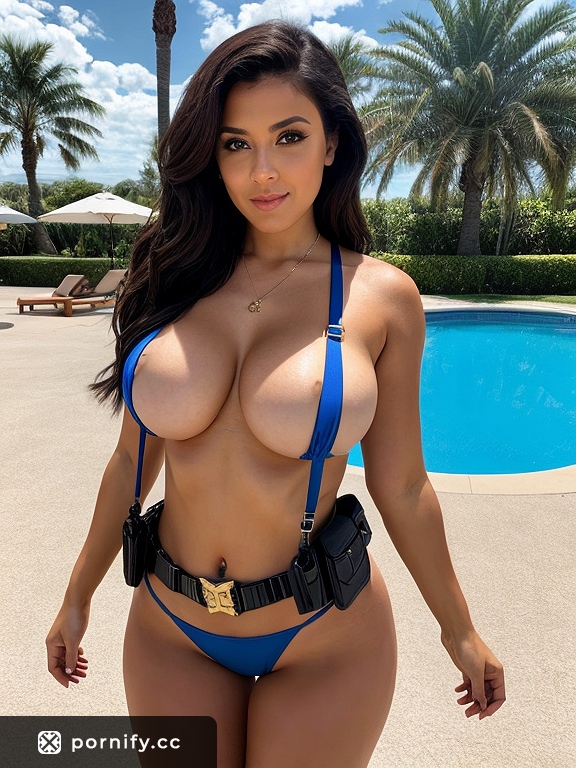
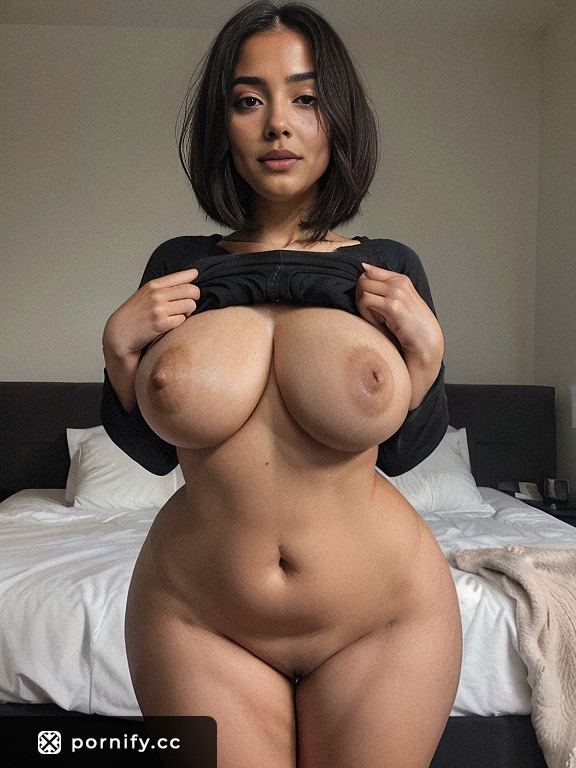
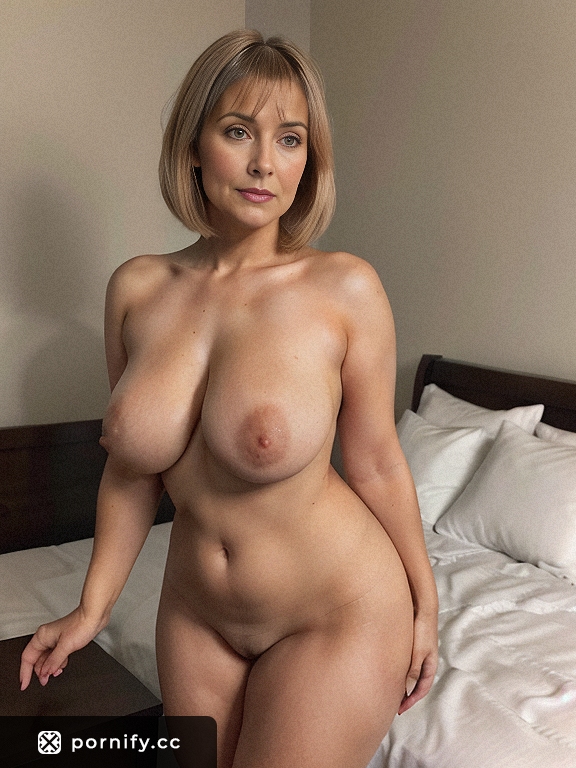
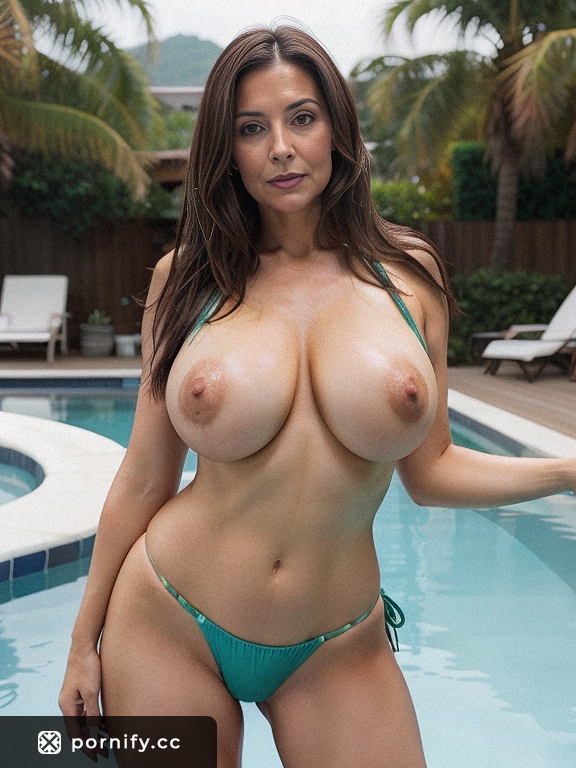

![[UAE] Simone Lowe](/chat/65bd041b29dbe65bd041b29dc165bd041b29dc365bd041b29dc4.jpg)
![[China] Johann Pacocha](/chat/66d391542754766d391542754966d391542754a66d391542754b.jpg)
![[Nigeria] Adella Bartoletti](/chat/670bc0aa708d5670bc0aa708d9670bc0aa708da670bc0aa708db.jpg)
![[USA] Mona Jacobson](/chat/e09bd410fb802aac847c5067812959eeb69229351c4849b09752.jpg)
![[USA] Laney Strosin](/chat/66d66e44b4b2466d66e44b4b2766d66e44b4b2866d66e44b4b29.jpg)
![[Hungary] Beatrix Balázs](/chat/65a8a05fcf90a65a8a05fcf90d65a8a05fcf90f65a8a05fcf910.jpg)